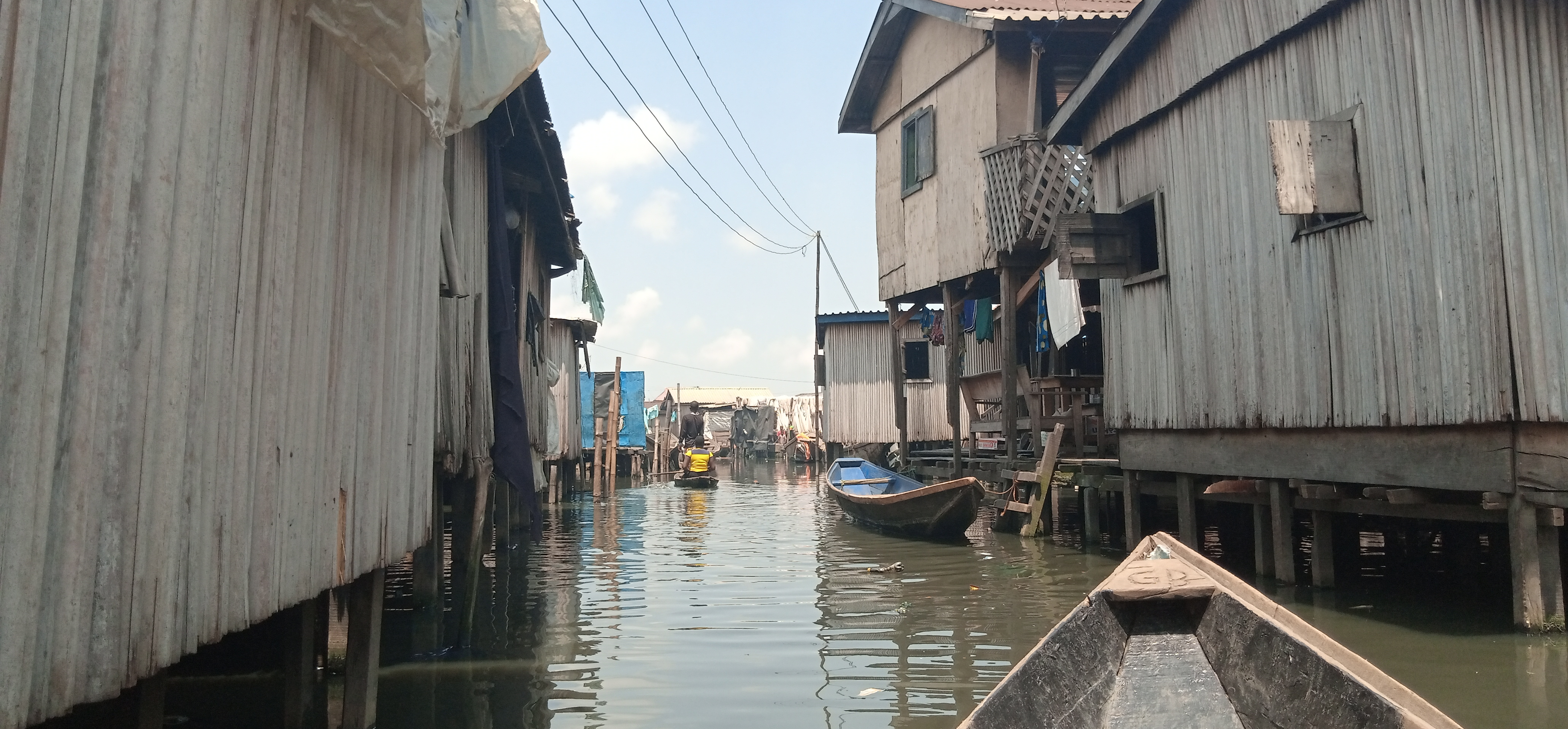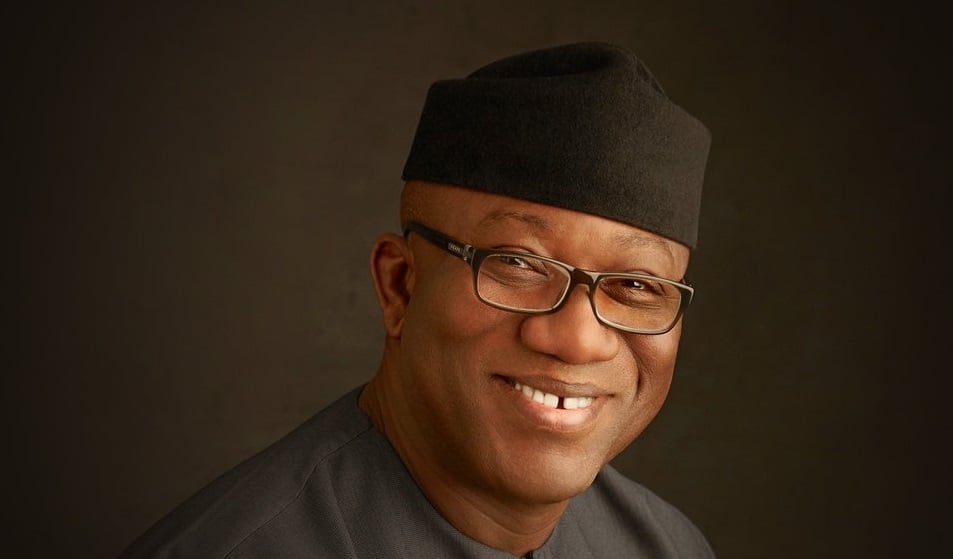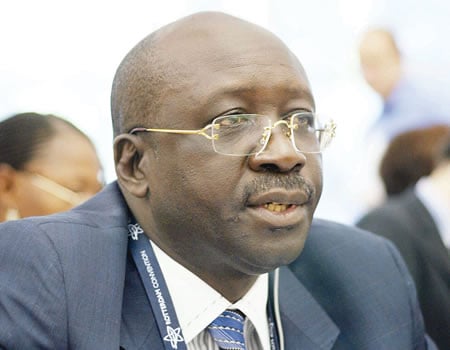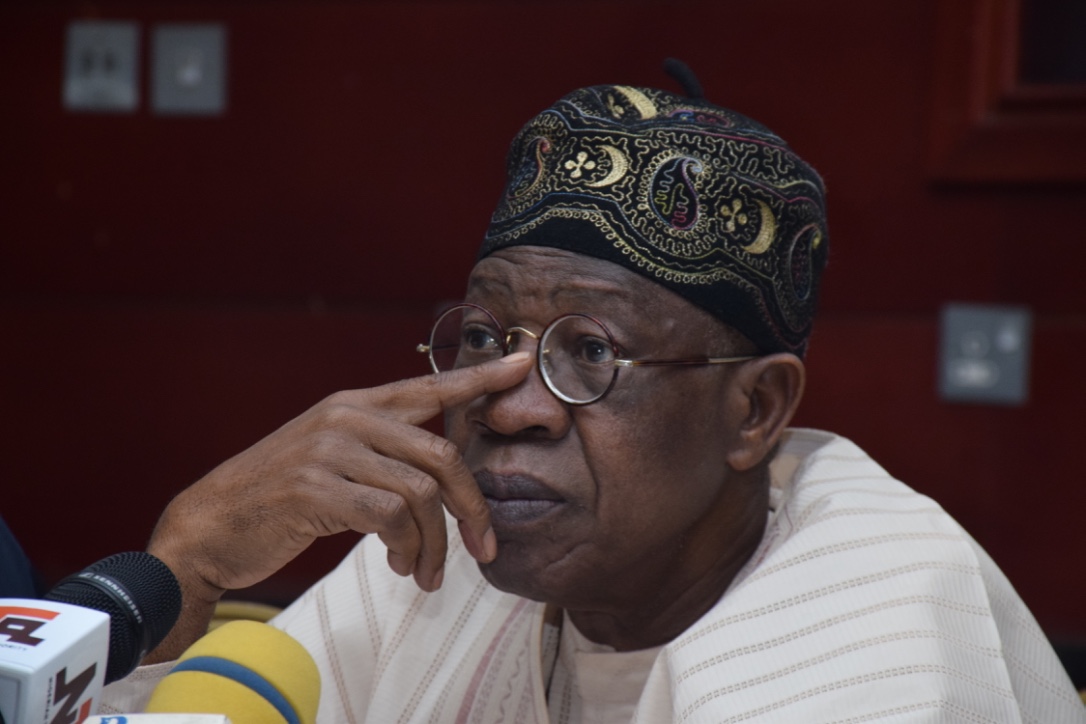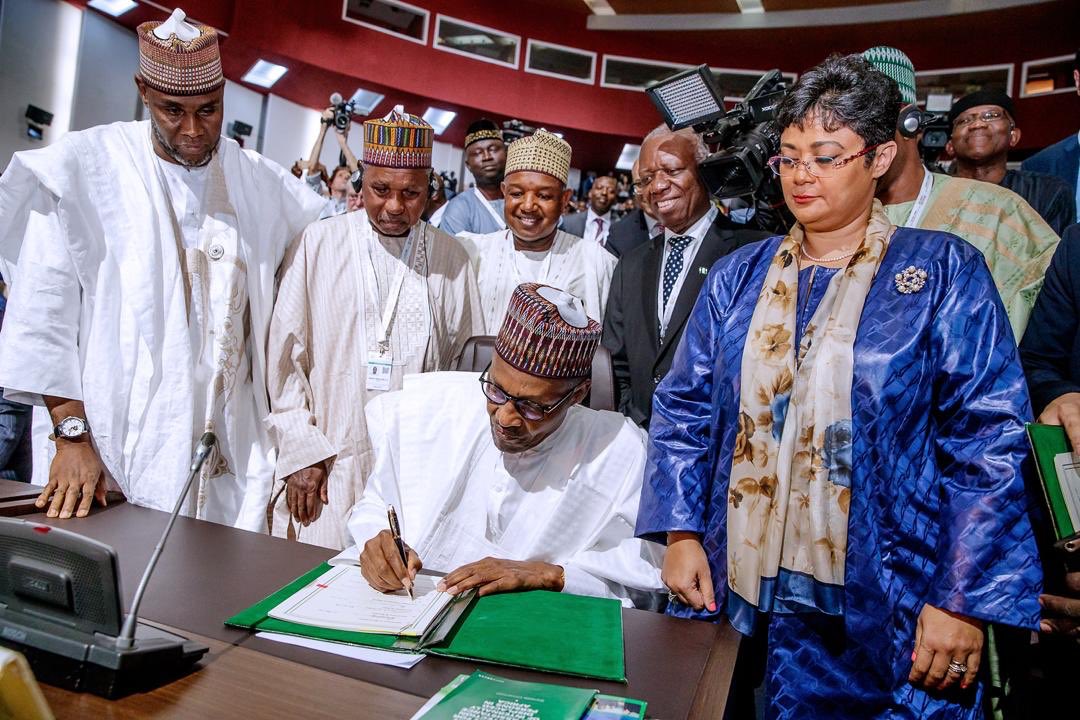BY ADEPARUA DAMILOLA
Poverty is not just a state of being poor and people do not just become poor as some factors are responsible for the enhancement of poverty and these factors also ensure its existence from one generation to another. In society, observation makes one realize that there are few wealthy individuals and the majority of the people are poor. These wealthy individuals have influence and power, which they pass down from one generation to the other and they are ruling over the poor majority of people who also bequeath poverty to their generation also. Now, with such a vicious cycle, how can we possibly curb poverty?
Wikipedia defines poverty as a state or condition in which a person or community lacks the financial resources and essentials for a minimum standard of living. Poverty means that the income level from employment is so low that basic human needs cannot be met.
The United Nations (UN) also defines poverty as a condition characterized by severe deprivation of basic human needs, including food, safe drinking water, sanitation facilities, health, shelter, education and information.
As described by another source, poverty is the state of one who lacks a usual or socially acceptable amount of money or material possessions and it is said to exist when people lack the means to satisfy their basic needs. In this context, the identification of poor people first requires a determination of what constitutes basic needs. These may be defined as narrowly as “those necessary for survival” or as broadly as “those reflecting the prevailing standard of living in the community.” Gone are the days when people depend solely on farming, when they rely on their farm produce for survival. Those were good times when people’s security, state of health, financial stability, shelter and the likes were their responsibilities and fortunately, those were times when there were nothing called democratically elected rulers or leaders.
Advertisement
The emergence of the British government which eventually paved way for periodic elections, with which the leaders create a pathway for themselves and their generations to come, led to an irresolvable difference between the rich and the poor because this rendered the people inactive in handling matters pertaining to their basic needs such as food, water, money, safety and the likes.
The Nigerian National Bureau of Statistics said in 2020 that 40% or 83 million Nigerians live in poverty although Nigeria’s poverty profile for 2021 has not yet been released, it is estimated that the number of poor people will increase to 90 million, or 45% of the population, in 2022.
The major cause of poverty in the olden days was laziness because then, people valued hard work as they had no one to rely on for their basic needs but what do they get in return for giving way to being ruled or governed by the politically elected leaders? What is the reward for giving way to Education rather than relying on hard work on the farm for survival?
Advertisement
Poor access to education is one of the major causes of poverty in Nigeria. Research shows that One in every five of the world’s out-of-school children is in Nigeria. Even though primary education is officially free and compulsory, about 10.5 million of the country’s children aged 5-14 years are not in school. Does it need to be mentioned that the so-called free primary education is mere propaganda? Apart from that fact, how many of the schools are well equipped for learning? Many of the primary school pupils are still sitting on the bare floor in their classes and in some primary schools, parents are still the ones providing chairs and tables for their children, many children out there are still working in order to pay for their school fees and majority of the leaders have their children enrolled in private schools which are well equipped for learning with the public funds which are meant to equip public schools.
What of the public tertiary institutions? According to a source, While the United Nations Educational Scientific and Cultural Organization (UNESCO), recommended that between 16-25 percent of the budgets of developing nations like Nigeria be devoted to education, federal allocations to education in Nigeria rarely go beyond 6 percent, a far cry from the internationally recommended standard. In most of the tertiary institutions in Nigeria, students sit on the floor while those who cannot, stand for hours to receive their lectures. What about incessant strikes? Courses, which are presupposed to last for 4years, extend to 5or 6 years due to incessant strikes that have its root in the country’s governing system.
The leaders send their children to schools abroad and bring them back home to rule over the children of the masses whom they have impoverished by wasting their time with the propounded wobble educational system because on the whole many of these students only graduate to realize that even the employers out there cannot employ them due to their age and this leads to higher rate of unemployment.
Statistics shows that currently, 33.3% or 23.2 million of the about 70 million people who should be working in Nigeria are out of work.
According to the World Health Organization (WHO), of the health care spending in Nigeria, 77% is out-of-pocket. This means that most Nigerians do not have health insurance of any kind and the poorest Nigerians have extremely limited access to quality health care. Does it then need to be mentioned that healthcare in Nigeria is underfunded and the health workers are underpaid? Health workers go on strike intermittently and also treat patients with a non-challant attitude because their salaries, which should be a source of encouragement to them, are denied them and as a result, they are poor and many lives are lost.
Research shows that over 90 percent of deaths recorded in Nigerian hospitals are due to poor attitude of health workers. As posited by a source, the healthcare statistics in Nigeria are abysmal. Maternal mortality in Nigeria is among the worst in the world with a whopping 19% of global maternal deaths occurring in the country. Additionally, the infant mortality rate is far too high at 19 deaths per 1,000 births. In addition, the mortality rate of children under 5 is 128 per 1,000. Moreover, life expectancy in Nigeria is 54.4, which is incredibly low. Report shows that between 2009 and 2019, a total of 576.36 billion naira was allocated as capital expenditure for the health sector. From this sum, 408.79 billion naira was released, but only 318.65 billion naira was spent. The question is; how was the remaining sum of money spent?
Advertisement
As posited by a source, although about 70 percent of Nigerians are reported to have access to basic water services, more than half of these water sources are contaminated and although 73 percent of the country’s population have access to a water source, only nine liters of water on average is available to a Nigerian daily. UNICEF also discovered that poor access to improved water and sanitation in Nigeria remains a major contributing factor to high morbidity and mortality rates among children under five. Water, being one of the major necessities of life, is something that should in no way be denied to the people but unfortunately in Nigeria, the reverse is the case, and people who can afford clean water spend a fortune on it while those who cannot, suffer for the aftermath which is cholera or other life-threatening illnesses or diseases. What about the situation in the Niger delta? Water, which serves as a means of survival for the people, has been polluted by oil exploration, yet the government is devoid of its solution. How many lives have been lost because of that?
Overall, corruption is the root of all the causes. According to Wikipedia, in 2018, Nigeria ranked 144th in the 180 countries listed in Transparency International’s Corruption Index (with Somalia, at 180th, being the most corrupt, and Denmark the least). Government officials reallocate allocations meant for public finances in order to embezzle public funds. What about the huge amount of money contributed by different agencies and individuals, which was presumed burnt at the early period of COVID 19? What about insecurity, which has rendered countless lives homeless and wretched?
These and many more are responsible for the increased rate of poverty in Nigeria. How can the people keep quiet when they are passing through such horrible situations and how can the government officials understand their plights when they are not in the people’s shoes? Overall, how can poverty be minimized if these situations persist?
Damilola can be reached via [email protected]/08144461750
Advertisement
Views expressed by contributors are strictly personal and not of TheCable.
Add a comment
